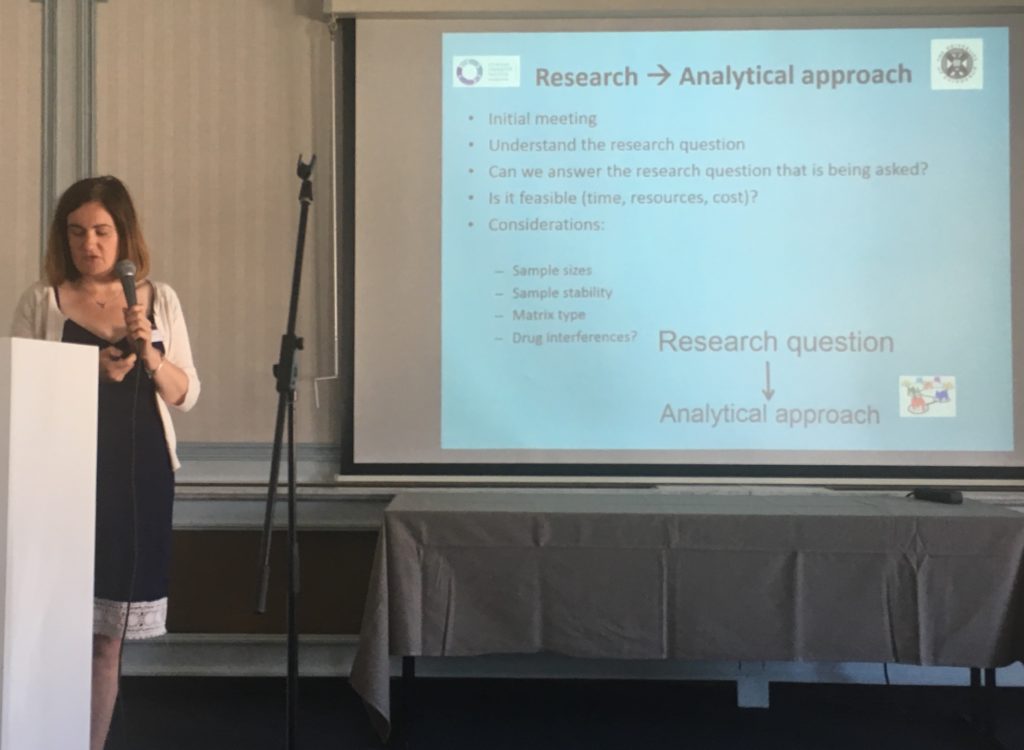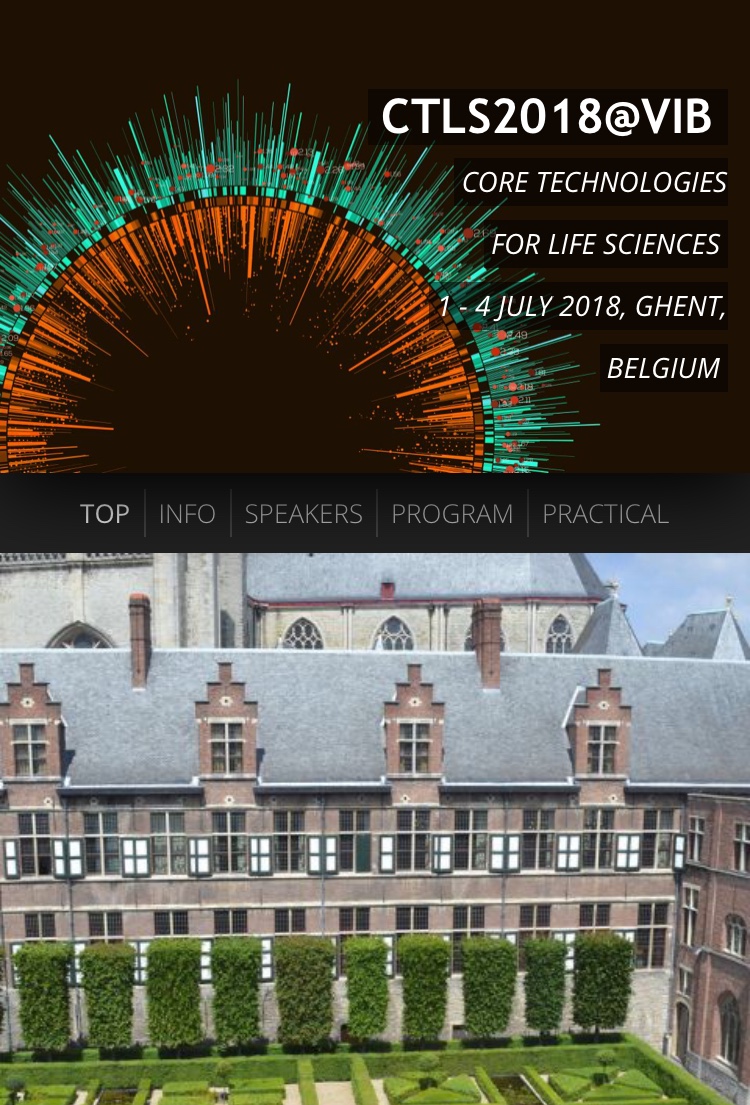Core Technologies for Life Sciences Conference – Dr Natalie Homer
The aim of the Core Technologies for Life Sciences (CTLS) is to ‘bring together scientists, technical and administrative staff working in or in close association with core facilities, research infrastructures and shared resource laboratories in life sciences and biomedicine’. The third biennial CTLS conference was held from 1st– 4th July 2018 in Ghent at the Flanders Institute of Biotechnology, VIB, which is a non-profit research institute in Belgium.

There were plenary and parallel sessions on topics that were of interest to all types of cores, regardless of scientific discipline. These included benchmarking, exchanges on best practice, emerging technologies, finances and contracts, training for core staff and supporting career development at all stages. A number of software packages that lessen the load for facility management were discussed and showcased by vendors where the capabilities of these packages are a huge jump from self-made processes and procedures developed in isolation.
Discussions revealed that a greater understanding of what is involved in managing and working within a core facility is needed. Retention of staff and their knowledge within a facility is essential for efficient operation and that can only be achieved successfully if there is career development for core staff. There is a need for ongoing training of core staff for efficient management and operation and a Training Working Group of the CTLS has been established to address this.

Photo of Natalie presenting, taken by Valentina Adami of Trento University
There was emphasis placed on networking and learning from others in terms of operation and management but also facilitating and promoting access to cores. A number of European networks and collaborations presented findings such as EULIFE and networks such as CORBEL (www.corbel-project.eu) and NEUBIAS (www.neubias.org).
CTLS2018 illustrated that those that offer a shared resource, a facility or support research within an institute or university all encounter similar problems and that working together to improve operations and management will only improve cores and add to the scientific outputs of institutes and universities.

Dr Natalie Homer is the manager of the Edinburgh Clinical Research Facility Mass Spectrometry Core, hosted in the Centre for Cardiovascular Sciences (CVS) at the QMRI, Little France. You can find out more about the Mass Spec Core via their website and Twitter feed, @EdMassSpecCore.
Originally posted in the Scottish Metabolomics Network newsletter.




Recent comments